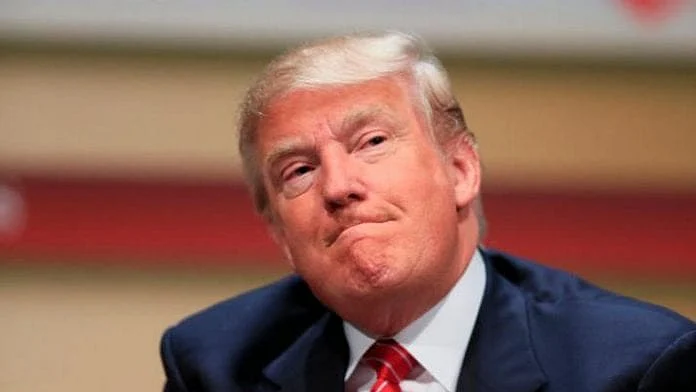Former US President Donald Trump was acquitted for the second time in his impeachment trial on Saturday, 13 February, over charges of provoking insurrectionists to attack the US Capitol, as the final vote tally fell short of 67 guilty votes.
In an official statement after his acquittal, Trump compared the second impeachment proceeding against him as a ‘witch hunt’.
“This has been yet another phase of the greatest witch hunt in the history of our Country. No president has ever gone through anything like it, and it continues because our opponents cannot forget the almost 75 million people, the highest number ever for a sitting president, who voted for us just a few short months ago.”Donald Trump, Former US President.
The final vote was 57 guilty to 43 not guilty, and although a majority of the GOP leaders voted in favour of acquitting Trump, seven Republicans were among those who voted to convict him.
Who Are the Seven Republicans?
Richard Burr: The North Carolina senator was not in the good books of Trump and his allies, as the latter had headed the Senate Intelligence Committee, which had a mandate of probing allegations of Russian interference in the 2016 US election. This probe was vehemently opposed by Trump.
Bill Cassidy: In what looks like an U-turn from his previous stance, the senator from Louisiana joined other republicans to convict former President Trump. Following his vote, Cassidy said “Our Constitution and our country is more important than any one person. I voted to convict President Trump because he is guilty.”
Ben Sasse: A vocal critic of Trump’s many claims alleging voter fraud, the Nebraska senator had said that there was no basis on which Biden’s victory could be opposed. Having successfully won a re-election in 2020, Sasse is counted among potential contenders for the 2024 Republican Presidential nomination.
Lisa Murkowski: After voting against Trump, the senator from Alaska told Politico “If I can't say what I believe that our president should stand for, then why should I ask Alaskans to stand with me?” Having lost a primary in 2010, Senator Murkowski became the first US Senator in 50 years to win a write-in election.
Mitt Romney: One of Trump’s major critics within the GOP, the Utah senator was the only Republican to vote against the former President during his first impeachment proceeding. Romney was also the Republican presidential candidate in 2012.
Pat Toomey: Following his vote against Trump, the Pennsylvania senator, who will not seek reelection after his term ends on 2022, said that “His (Trump’s) betrayal of the Constitution and his oath of office required conviction.”
Susan Collins: In her speech in favour of Trump’s conviction, Collins had said that the attack on Capitol Hill “was not a spontaneous outbreak of violence. Rather, it was the culmination of a steady stream of provocations by President Trump that were aimed at overturning the results of the presidential election.”
